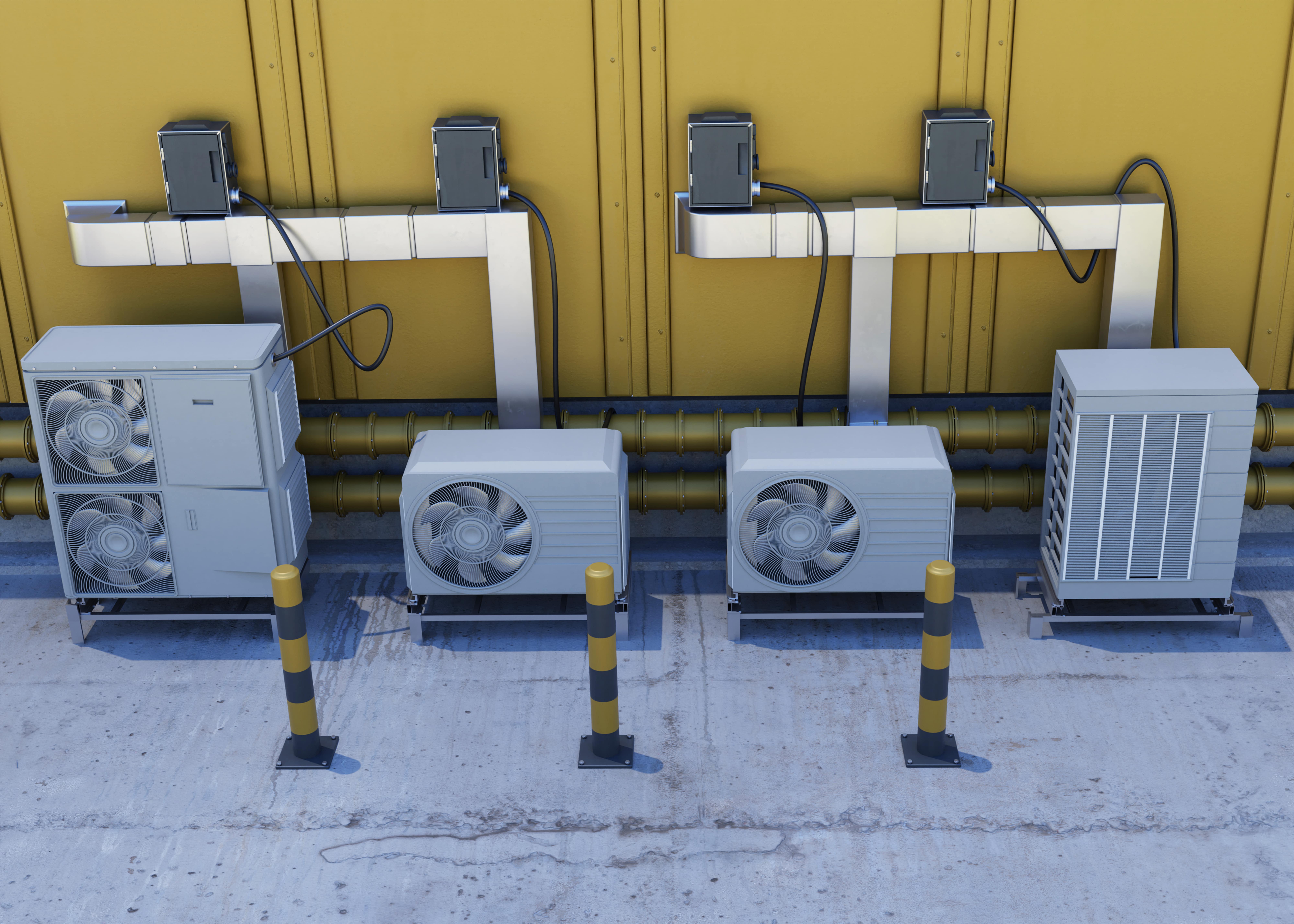The Importance of HVAC Inspections in Commercial Space: Stay Ahead of Winter Breakdowns
As winter approaches, it’s crucial to ensure your commercial HVAC system is in top condition to provide optimal heating and comfort. Regular inspections can help detect potential problems early on, avoiding costly failures and inconveniences during the colder months.
Key Benefits of HVAC Inspections
- Early Detection of Issues: Preventative maintenance can identify and address potential problems before they escalate into major breakdowns, saving you time and money.
- Improved Efficiency: Regular inspections assist optimize your system’s performance, resulting in energy savings and lower electricity bills.
- Enhanced Indoor Air Quality: HVAC inspections can identify and address issues that affect air quality, such as mold or carbon monoxide leaks.
- Reduced Risk of Emergencies: Preventive maintenance can help avoid expensive breakdowns and disruptions.
- Compliance with Building Codes: Many jurisdictions require commercial buildings to undergo regular HVAC inspection.
What to Expect During an HVAC Inspection
During a comprehensive inspection, a qualified technician will:
- Inspect components: Check the condition of your furnace, heat exchanger, blower, and other parts.
- Clean and replace filters: Dirty filters can restrict airflow and reduce efficiency.
- Test thermostat: Ensure your thermostat is functioning correctly.
- Check for leaks: Look for gas or refrigerant leaks.
- Inspect ductwork: Make sure your ductwork is sealed and clear of obstacles.
When to Schedule Inspections
- Annually: Regular inspections are recommended for optimal performance and to prevent breakdowns.
- Before the Heating Season: Make sure your system is ready for the chilly winter.
- After a Storm or Power Outage: Inspect your system for any damage or issues.
By prioritizing HVAC inspections, you can enjoy a comfortable and efficient working environment throughout the winter months.
HVAC Maintenance Tips for Commercial Spaces
Regular HVAC maintenance is essential for ensuring optimal performance and efficiency in commercial buildings. Here are some key tips:
- Clean or Replace Air Filters: Dirty filters can restrict airflow and reduce efficiency.
- Inspect Ductwork: Check for leaks, blockages, or insulation issues.
- Clean Condenser Coils: Remove dirt and debris to improve heat transfer.
- Check Refrigerant Levels: Ensure adequate refrigerant levels for proper operation.
- Inspect electrical components: Look for loose connections or signs of wear and strain.
- Test Thermostat: Ensure accurate readings and proper functionality.
- Balance the System: If your system has numerous units, make sure they are balanced for heating and cooling.
By following these tips and scheduling regular maintenance, you can optimize your commercial HVAC system’s performance and minimize the risk of breakdowns.

